‘We have lost a giant’: Ruth Bader Ginsburg (1933–2020)
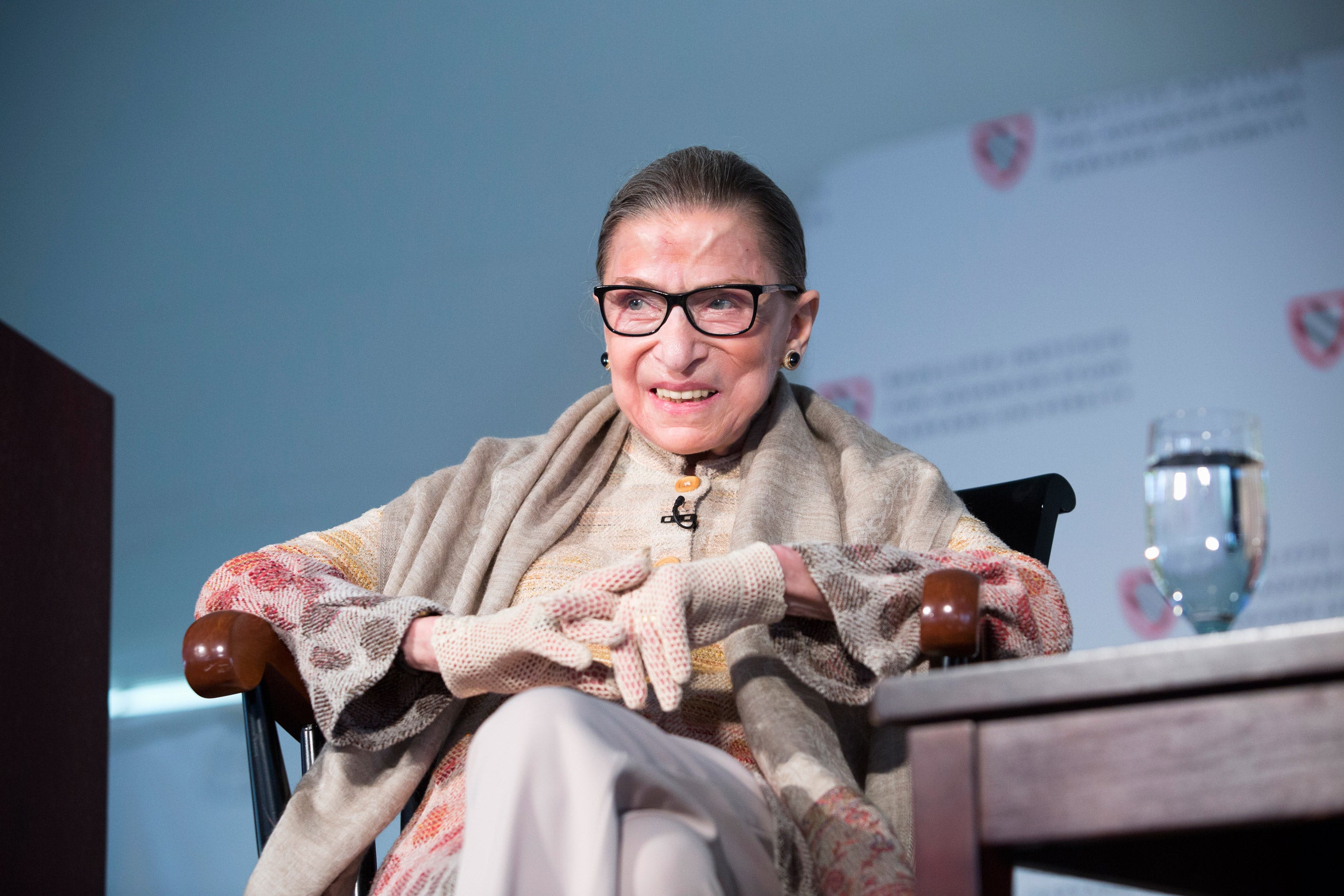
U.S. Supreme Court Justice Ruth Bader Ginsburg ’56-’58, whose lifelong fight for equal rights helped pave the way for women to take on high-profile roles in business, government, the military and the Supreme Court, died on Sept. 18. She was 87. “Justice Ginsburg personified the best of what it meant to be a judge. She brought a deep intellectual and personal integrity to everything she did,” said John F. Manning ’85 , Morgan and Helen Chu Dean and Professor of Law at Harvard Law School. “Her powerful and unyielding commitment to the rule of law and to equal justice under law places her among the great justices in the annals of the Court. She was also one of the most impactful lawyers of the 20th century, whose historic work advocating against gender discrimination and for equal rights for all opened doors for countless people and transformed our society. She was an inspiring and courageous human being. We have lost a giant.”
“Justice Ginsburg personified the best of what it meant to be a judge. She brought a deep intellectual and personal integrity to everything she did. Her powerful and unyielding commitment to the rule of law and to equal justice under law places her among the great justices in the annals of the Court.” John F. Manning ’85, Morgan and Helen Chu Dean and Professor of Law at Harvard Law School.
“Very few individuals in history come close to the extraordinary and significant role played by Justice Ginsburg in the pursuit of justice before she joined the bench,” said former Harvard Law School Dean Martha Minow, the 300th Anniversary University Professor at Harvard. “She would be a landmark figure just by being the first woman to earn a tenured faculty post at Columbia Law School. And she made history as director of the Women’s Rights Project of the American Civil Liberties Union, argued landmark cases on gender equality before the U.S. Supreme Court, and brilliantly crafted successful challenges to the system of legally enforced gender roles that limited opportunities for both women and men. With vision and brilliance, she earned a place in the history books and on the honor roll of civil rights heroes.” “The Constitution’s heart aches at Ruth Bader Ginsburg’s passing,” Laurence Tribe ’66, Carl M. Loeb University Professor, Emeritus, at Harvard Law School, wrote on Twitter. “My heart hurts too. Her contribution to our history will live as long as America lives. May she rest in peace and power. I pray for the soul of our nation.” Born in 1933 in Brooklyn, N.Y., Ginsburg attended Cornell University, graduating in 1954 with a Bachelor of Arts degree in government. She was a member of Phi Beta Kappa. S he met her husband Martin “Marty” Ginsburg (Harvard Law School Class of 1958), while both were students at Cornell, and they were married in 1954. 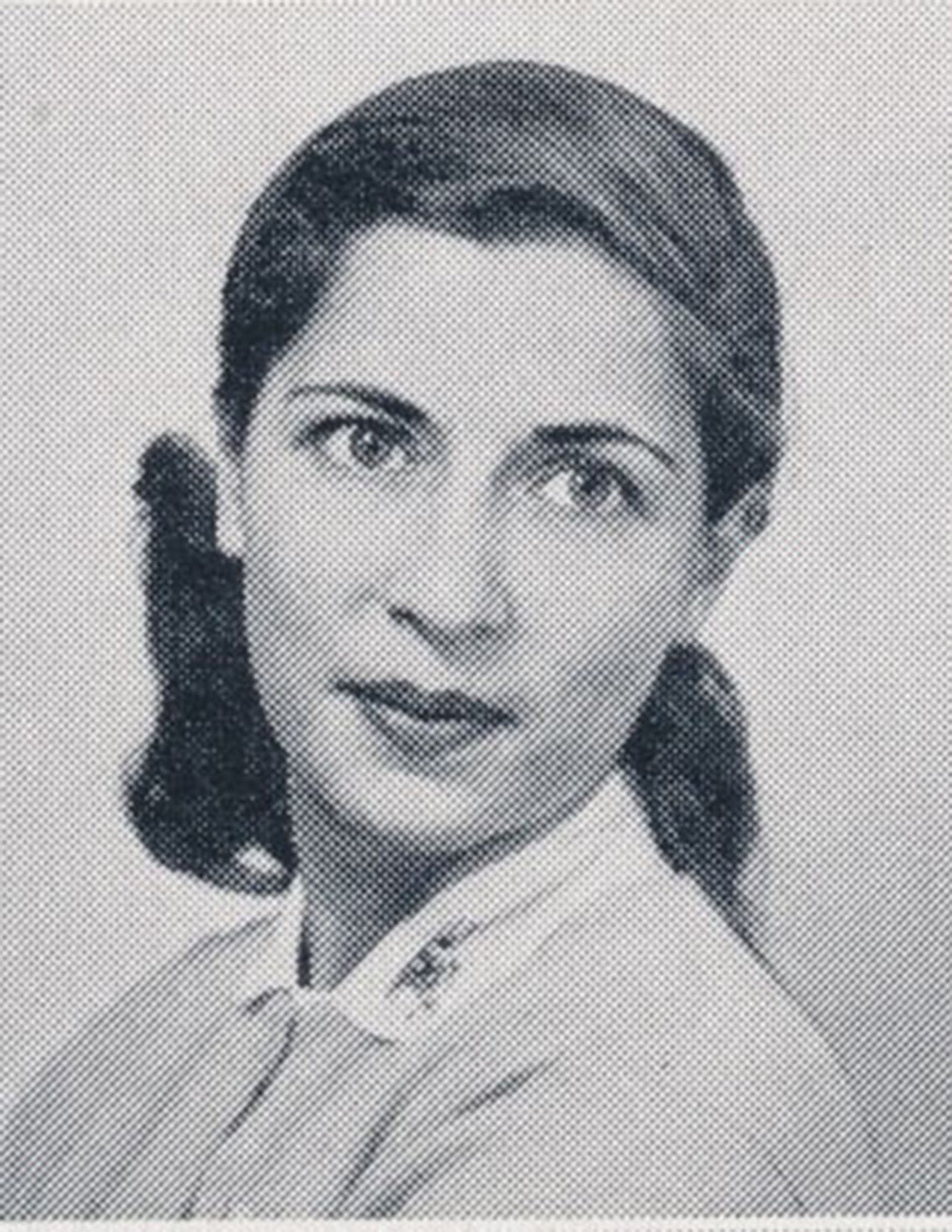 In the fall of 1956, she enrolled at Harvard Law School as one of only a handful of women in a class of more than 500 students. An outstanding student, she was an editor of the Harvard Law Review. She also cared for her young daughter, Jane (Harvard Law School Class of 1980), and her husband, who was diagnosed with testicular cancer. (Marty, a successful tax lawyer, died from metastatic cancer in 2010.) The family moved to New York City following Marty’s graduation. Because HLS at the time would not allow her to complete her degree requirements at another school, she transferred to Columbia Law School, where she graduated in 1959 at the top of her class and served as an editor of the Columbia Law Review. Harvard Law School Professor (and later Dean) Albert Sacks ’48 recommended Ginsburg to Supreme Court Justice Felix Frankfurter LL.B. 1906 for a position as a law clerk. But Frankfurter, who had never hired a woman, declined to invite Ginsburg for an interview. She secured a clerkship with U.S. District Judge Edmund L. Palmieri.
In the fall of 1956, she enrolled at Harvard Law School as one of only a handful of women in a class of more than 500 students. An outstanding student, she was an editor of the Harvard Law Review. She also cared for her young daughter, Jane (Harvard Law School Class of 1980), and her husband, who was diagnosed with testicular cancer. (Marty, a successful tax lawyer, died from metastatic cancer in 2010.) The family moved to New York City following Marty’s graduation. Because HLS at the time would not allow her to complete her degree requirements at another school, she transferred to Columbia Law School, where she graduated in 1959 at the top of her class and served as an editor of the Columbia Law Review. Harvard Law School Professor (and later Dean) Albert Sacks ’48 recommended Ginsburg to Supreme Court Justice Felix Frankfurter LL.B. 1906 for a position as a law clerk. But Frankfurter, who had never hired a woman, declined to invite Ginsburg for an interview. She secured a clerkship with U.S. District Judge Edmund L. Palmieri. 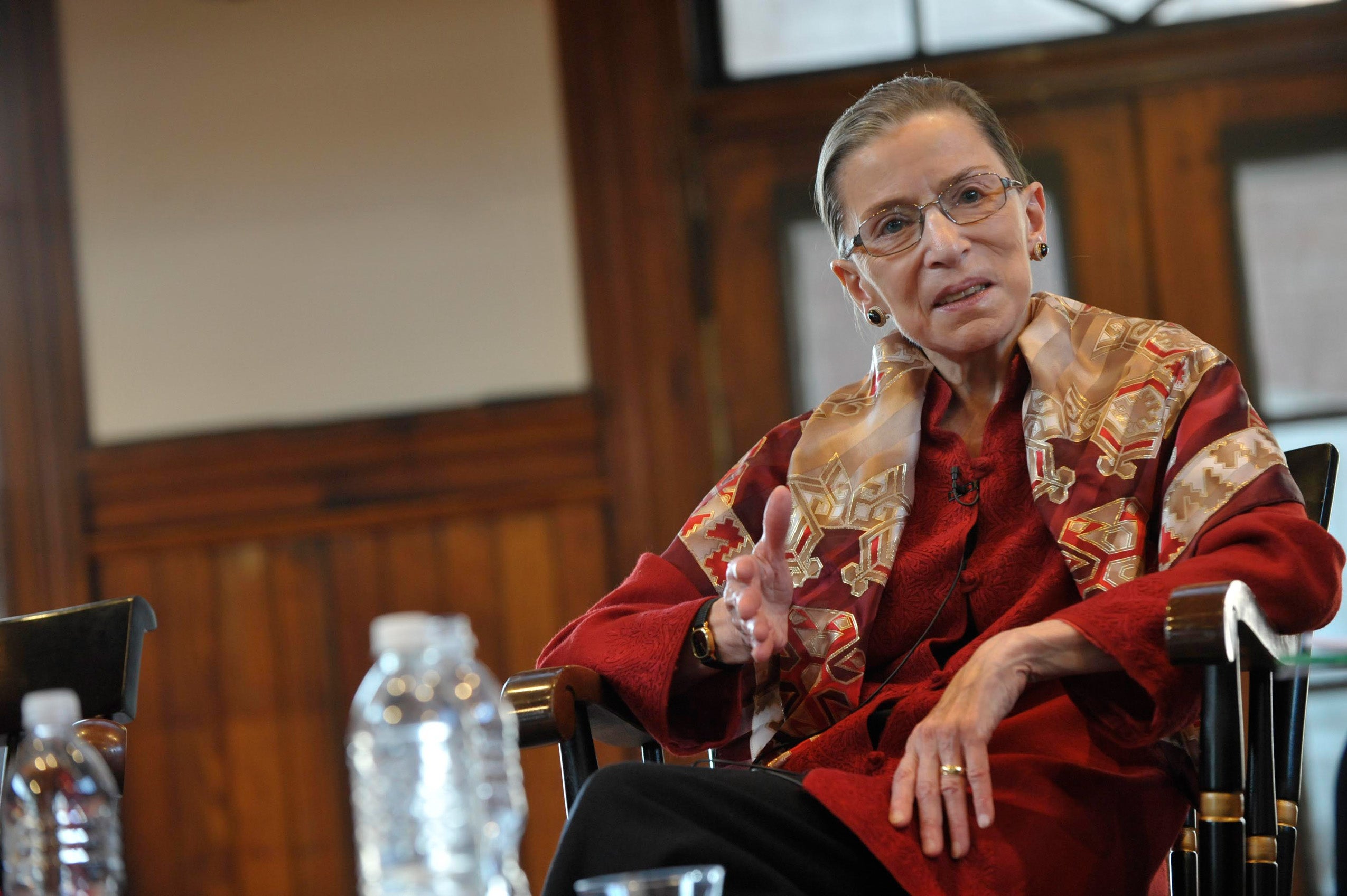 During her conversation with Dean Minow, Ginsburg reflected on her then 20 years of service on the United States Supreme Court. She said she envisioned that someday there would be three or four women on the Supreme Court, and she hoped it would one day resemble that of Canada, where four of the nine justices are women, including its chief justice. In honor of her visit, 12 Harvard Law School faculty wrote essays for the Harvard Law Review that discussed some of her outstanding legal opinions. In 2011, then-Harvard University President Drew G. Faust conferred an honorary degree (Doctor of Laws) on Justice Ginsburg, describing her as an “advocate extraordinaire who propelled the quest for equal justice under law—a judge supreme who lifts the bench with devotion to the dignity of each individual.” Opera singer Plácido Domingo, a fellow 2011 honorary degree recipient, serenaded Ginsburg, an opera fan, during the conferral of her degree.
During her conversation with Dean Minow, Ginsburg reflected on her then 20 years of service on the United States Supreme Court. She said she envisioned that someday there would be three or four women on the Supreme Court, and she hoped it would one day resemble that of Canada, where four of the nine justices are women, including its chief justice. In honor of her visit, 12 Harvard Law School faculty wrote essays for the Harvard Law Review that discussed some of her outstanding legal opinions. In 2011, then-Harvard University President Drew G. Faust conferred an honorary degree (Doctor of Laws) on Justice Ginsburg, describing her as an “advocate extraordinaire who propelled the quest for equal justice under law—a judge supreme who lifts the bench with devotion to the dignity of each individual.” Opera singer Plácido Domingo, a fellow 2011 honorary degree recipient, serenaded Ginsburg, an opera fan, during the conferral of her degree. 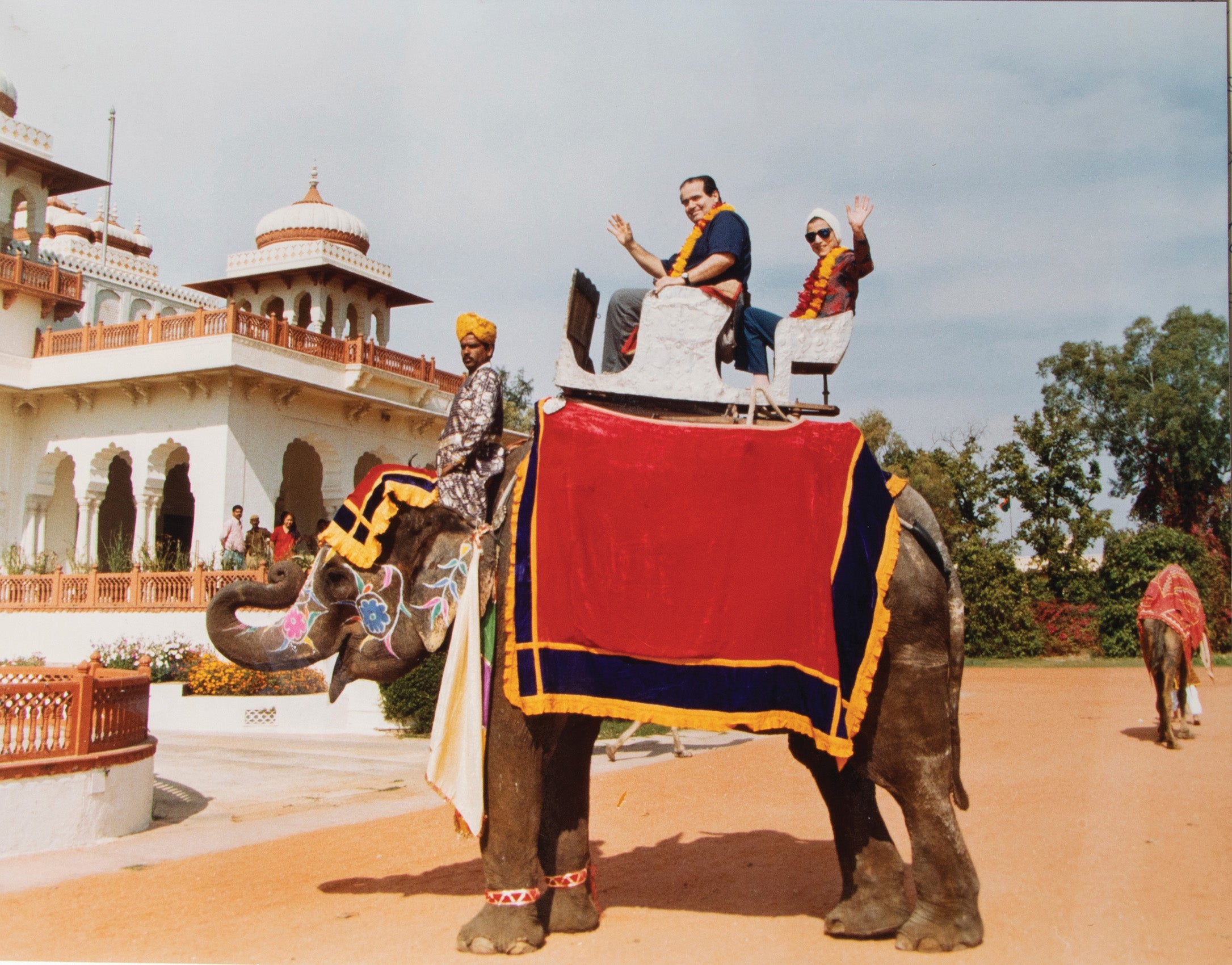 “Justice Ginsburg also showed that it is possible to build deep and meaningful friendships with people despite severe disagreements,” said Minow. “At this time of deep social and political divisions, there is much to learn from her life and her commitments. Above all, she changed the lives of millions as a lawyer and as a jurist by dismantling barriers to employment, education, and roles in families and society based solely on gender—and showed how law can, with persistence and vision, be a tool to bend the arc of the moral universe toward justice.” Vicki Jackson, the Laurence H. Tribe Professor of Constitutional Law at Harvard Law School, said: “Justice Ginsburg’s impact on the law of equality cannot be overstated. She brought to her life in the law brilliance, clear-mindedness, and determination—but also an ability to make deep and lasting human connections to her clients (the real people who most lawyers know only as legal case names), her law clerks, her colleagues, and others. It is rare indeed to find in one person such immense analytical insight, so unwavering a commitment to equal justice, and such an ability to connect to people’s real lives. Our world was greatly enhanced by her life. And our world is greatly diminished by her passing.” Jackson, the 2019 president of the Association of American Law Schools, moderated a Q&A with Justice Ginsburg this past January as part of the AALS’s 2020 annual meeting. Ginsburg is survived by her two children, Jane Carol Ginsburg ’80 (George Spera ’80) and James Steven Ginsburg (Patrice Michaels); four grandchildren, Paul Spera (Francesca Toich), Clara Spera ’17 (Rory Boyd), Miranda Ginsburg and Abigail Ginsburg; two step-grandchildren, Harjinder Bedi and Satinder Bedi; and one great-grandchild, Lucrezia Spera.
“Justice Ginsburg also showed that it is possible to build deep and meaningful friendships with people despite severe disagreements,” said Minow. “At this time of deep social and political divisions, there is much to learn from her life and her commitments. Above all, she changed the lives of millions as a lawyer and as a jurist by dismantling barriers to employment, education, and roles in families and society based solely on gender—and showed how law can, with persistence and vision, be a tool to bend the arc of the moral universe toward justice.” Vicki Jackson, the Laurence H. Tribe Professor of Constitutional Law at Harvard Law School, said: “Justice Ginsburg’s impact on the law of equality cannot be overstated. She brought to her life in the law brilliance, clear-mindedness, and determination—but also an ability to make deep and lasting human connections to her clients (the real people who most lawyers know only as legal case names), her law clerks, her colleagues, and others. It is rare indeed to find in one person such immense analytical insight, so unwavering a commitment to equal justice, and such an ability to connect to people’s real lives. Our world was greatly enhanced by her life. And our world is greatly diminished by her passing.” Jackson, the 2019 president of the Association of American Law Schools, moderated a Q&A with Justice Ginsburg this past January as part of the AALS’s 2020 annual meeting. Ginsburg is survived by her two children, Jane Carol Ginsburg ’80 (George Spera ’80) and James Steven Ginsburg (Patrice Michaels); four grandchildren, Paul Spera (Francesca Toich), Clara Spera ’17 (Rory Boyd), Miranda Ginsburg and Abigail Ginsburg; two step-grandchildren, Harjinder Bedi and Satinder Bedi; and one great-grandchild, Lucrezia Spera. 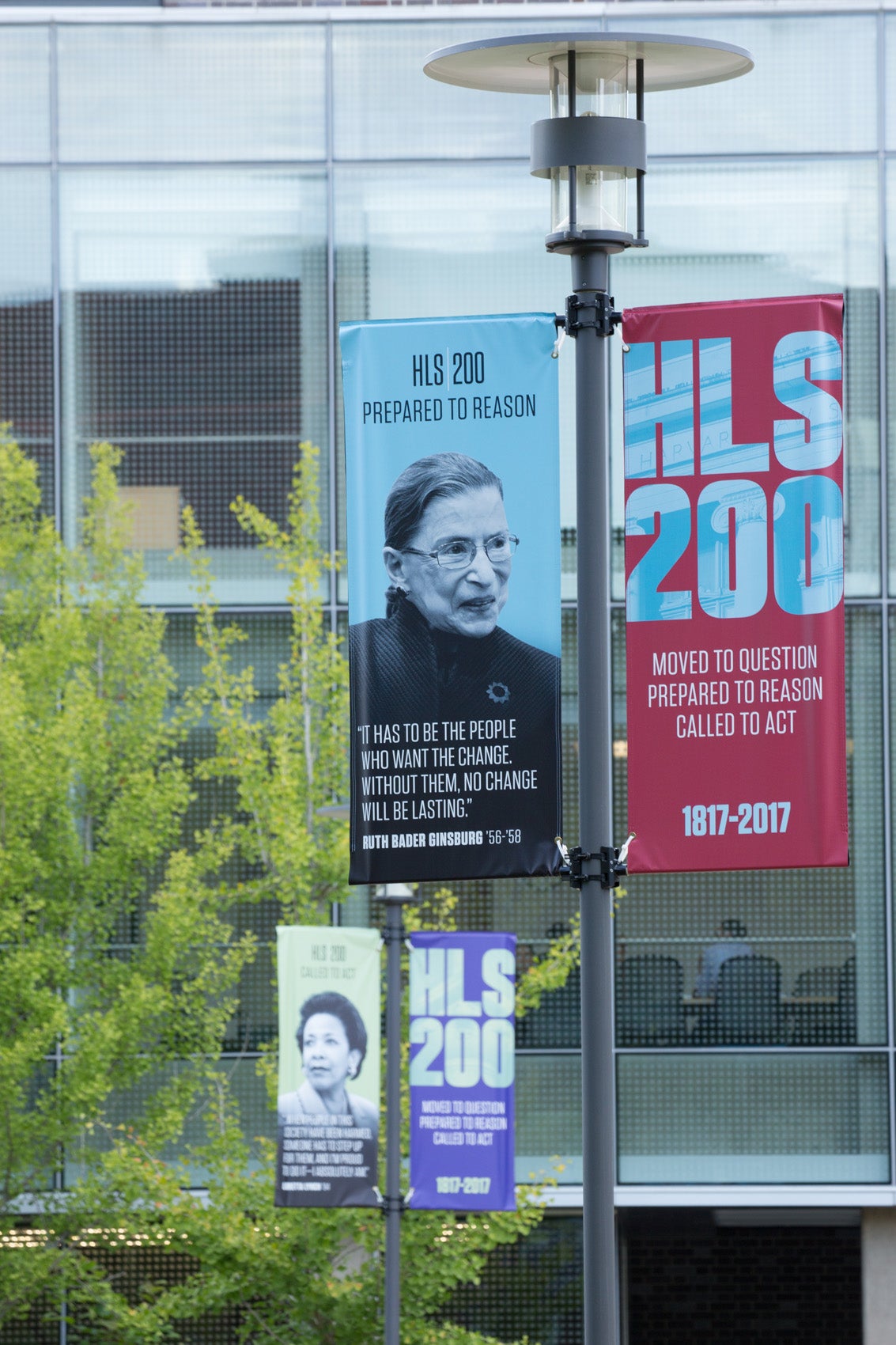

 In the fall of 1956, she enrolled at Harvard Law School as one of only a handful of women in a class of more than 500 students. An outstanding student, she was an editor of the Harvard Law Review. She also cared for her young daughter, Jane (Harvard Law School Class of 1980), and her husband, who was diagnosed with testicular cancer. (Marty, a successful tax lawyer, died from metastatic cancer in 2010.) The family moved to New York City following Marty’s graduation. Because HLS at the time would not allow her to complete her degree requirements at another school, she transferred to Columbia Law School, where she graduated in 1959 at the top of her class and served as an editor of the Columbia Law Review. Harvard Law School Professor (and later Dean) Albert Sacks ’48 recommended Ginsburg to Supreme Court Justice Felix Frankfurter LL.B. 1906 for a position as a law clerk. But Frankfurter, who had never hired a woman, declined to invite Ginsburg for an interview. She secured a clerkship with U.S. District Judge Edmund L. Palmieri.
In the fall of 1956, she enrolled at Harvard Law School as one of only a handful of women in a class of more than 500 students. An outstanding student, she was an editor of the Harvard Law Review. She also cared for her young daughter, Jane (Harvard Law School Class of 1980), and her husband, who was diagnosed with testicular cancer. (Marty, a successful tax lawyer, died from metastatic cancer in 2010.) The family moved to New York City following Marty’s graduation. Because HLS at the time would not allow her to complete her degree requirements at another school, she transferred to Columbia Law School, where she graduated in 1959 at the top of her class and served as an editor of the Columbia Law Review. Harvard Law School Professor (and later Dean) Albert Sacks ’48 recommended Ginsburg to Supreme Court Justice Felix Frankfurter LL.B. 1906 for a position as a law clerk. But Frankfurter, who had never hired a woman, declined to invite Ginsburg for an interview. She secured a clerkship with U.S. District Judge Edmund L. Palmieri.  During her conversation with Dean Minow, Ginsburg reflected on her then 20 years of service on the United States Supreme Court. She said she envisioned that someday there would be three or four women on the Supreme Court, and she hoped it would one day resemble that of Canada, where four of the nine justices are women, including its chief justice. In honor of her visit, 12 Harvard Law School faculty wrote essays for the Harvard Law Review that discussed some of her outstanding legal opinions. In 2011, then-Harvard University President Drew G. Faust conferred an honorary degree (Doctor of Laws) on Justice Ginsburg, describing her as an “advocate extraordinaire who propelled the quest for equal justice under law—a judge supreme who lifts the bench with devotion to the dignity of each individual.” Opera singer Plácido Domingo, a fellow 2011 honorary degree recipient, serenaded Ginsburg, an opera fan, during the conferral of her degree.
During her conversation with Dean Minow, Ginsburg reflected on her then 20 years of service on the United States Supreme Court. She said she envisioned that someday there would be three or four women on the Supreme Court, and she hoped it would one day resemble that of Canada, where four of the nine justices are women, including its chief justice. In honor of her visit, 12 Harvard Law School faculty wrote essays for the Harvard Law Review that discussed some of her outstanding legal opinions. In 2011, then-Harvard University President Drew G. Faust conferred an honorary degree (Doctor of Laws) on Justice Ginsburg, describing her as an “advocate extraordinaire who propelled the quest for equal justice under law—a judge supreme who lifts the bench with devotion to the dignity of each individual.” Opera singer Plácido Domingo, a fellow 2011 honorary degree recipient, serenaded Ginsburg, an opera fan, during the conferral of her degree.  “Justice Ginsburg also showed that it is possible to build deep and meaningful friendships with people despite severe disagreements,” said Minow. “At this time of deep social and political divisions, there is much to learn from her life and her commitments. Above all, she changed the lives of millions as a lawyer and as a jurist by dismantling barriers to employment, education, and roles in families and society based solely on gender—and showed how law can, with persistence and vision, be a tool to bend the arc of the moral universe toward justice.” Vicki Jackson, the Laurence H. Tribe Professor of Constitutional Law at Harvard Law School, said: “Justice Ginsburg’s impact on the law of equality cannot be overstated. She brought to her life in the law brilliance, clear-mindedness, and determination—but also an ability to make deep and lasting human connections to her clients (the real people who most lawyers know only as legal case names), her law clerks, her colleagues, and others. It is rare indeed to find in one person such immense analytical insight, so unwavering a commitment to equal justice, and such an ability to connect to people’s real lives. Our world was greatly enhanced by her life. And our world is greatly diminished by her passing.” Jackson, the 2019 president of the Association of American Law Schools, moderated a Q&A with Justice Ginsburg this past January as part of the AALS’s 2020 annual meeting. Ginsburg is survived by her two children, Jane Carol Ginsburg ’80 (George Spera ’80) and James Steven Ginsburg (Patrice Michaels); four grandchildren, Paul Spera (Francesca Toich), Clara Spera ’17 (Rory Boyd), Miranda Ginsburg and Abigail Ginsburg; two step-grandchildren, Harjinder Bedi and Satinder Bedi; and one great-grandchild, Lucrezia Spera.
“Justice Ginsburg also showed that it is possible to build deep and meaningful friendships with people despite severe disagreements,” said Minow. “At this time of deep social and political divisions, there is much to learn from her life and her commitments. Above all, she changed the lives of millions as a lawyer and as a jurist by dismantling barriers to employment, education, and roles in families and society based solely on gender—and showed how law can, with persistence and vision, be a tool to bend the arc of the moral universe toward justice.” Vicki Jackson, the Laurence H. Tribe Professor of Constitutional Law at Harvard Law School, said: “Justice Ginsburg’s impact on the law of equality cannot be overstated. She brought to her life in the law brilliance, clear-mindedness, and determination—but also an ability to make deep and lasting human connections to her clients (the real people who most lawyers know only as legal case names), her law clerks, her colleagues, and others. It is rare indeed to find in one person such immense analytical insight, so unwavering a commitment to equal justice, and such an ability to connect to people’s real lives. Our world was greatly enhanced by her life. And our world is greatly diminished by her passing.” Jackson, the 2019 president of the Association of American Law Schools, moderated a Q&A with Justice Ginsburg this past January as part of the AALS’s 2020 annual meeting. Ginsburg is survived by her two children, Jane Carol Ginsburg ’80 (George Spera ’80) and James Steven Ginsburg (Patrice Michaels); four grandchildren, Paul Spera (Francesca Toich), Clara Spera ’17 (Rory Boyd), Miranda Ginsburg and Abigail Ginsburg; two step-grandchildren, Harjinder Bedi and Satinder Bedi; and one great-grandchild, Lucrezia Spera. 
